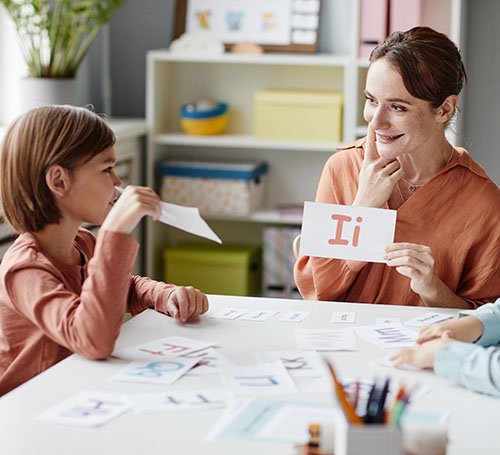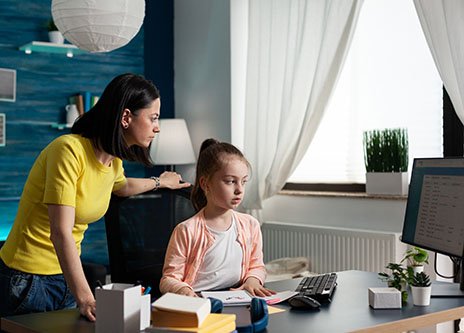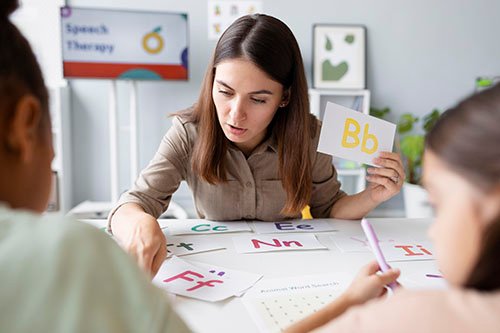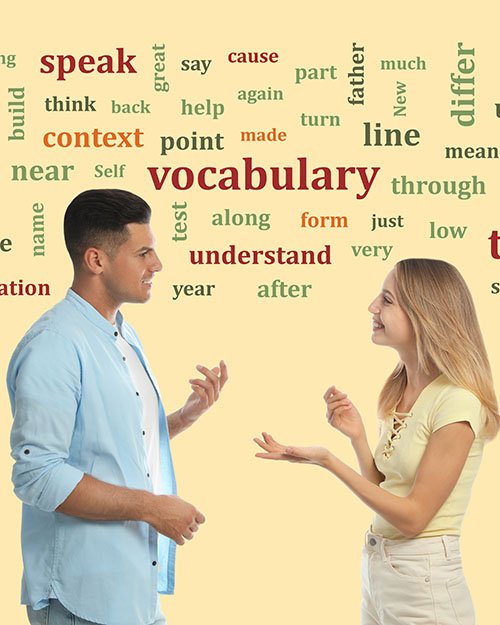


Speech therapy is a type of treatment that helps people improve their communication skills. It can be used to treat a variety of conditions, including
Speech therapy is provided by speech-language pathologists (SLPs), who are healthcare professionals with specialized training in communication disorders. SLPs typically work in hospitals, clinics, schools, or private practice.
The first step in speech therapy is usually an evaluation. This will help the SLP determine the nature and severity of the communication disorder. Once the evaluation is complete, the SLP will develop a treatment plan that is tailored to the individual's needs.
Treatment may include a variety of activities, such as
When people engage in speech therapy, they often notice a marked improvement in their ability to express themselves. Results may be noticeable sooner or later, depending on the person and the degree of their communication disorder.


Discuss the possibility of speech therapy with your physician or a speech-language pathologist if you or a loved one exhibit any of the symptoms listed above.
The term "language therapy," which is often thought of as "speech therapy," refers to a wide range of interventions used to help people who have trouble communicating. It digs deeper into enhancing one's capacity to comprehend and articulate language, going beyond merely concentrating on vocal clarity.


This refers to the ability to understand spoken language. Difficulties in this area can manifest as:
Language therapy for receptive language impairments involves activities like
This refers to the ability to use language to communicate effectively. Challenges in this area can manifest as:
Language therapy for expressive language impairments involves activities like:


This refers to the ability to use language appropriately in different social contexts. Challenges in this area can manifest as:
Language therapy for social language impairments involves activities like:
Remember, language therapy is not a one-size-fits-all approach. The specific type of therapy and activities will be tailored to the individual's unique needs and challenges. If you or someone you know is facing difficulties with communication, consulting a qualified speech-language pathologist (SLP) can be the first step towards unlocking improved language skills and enhanced confidence in expressing oneself.
